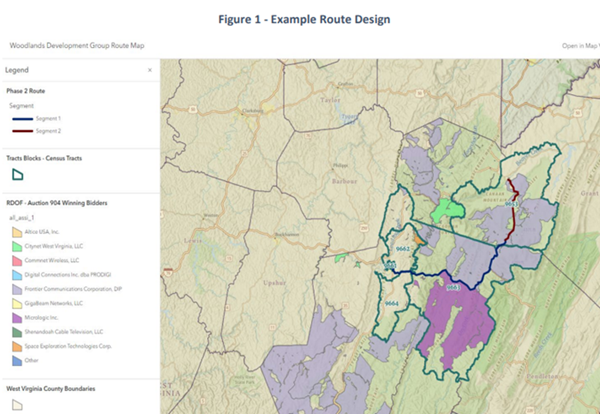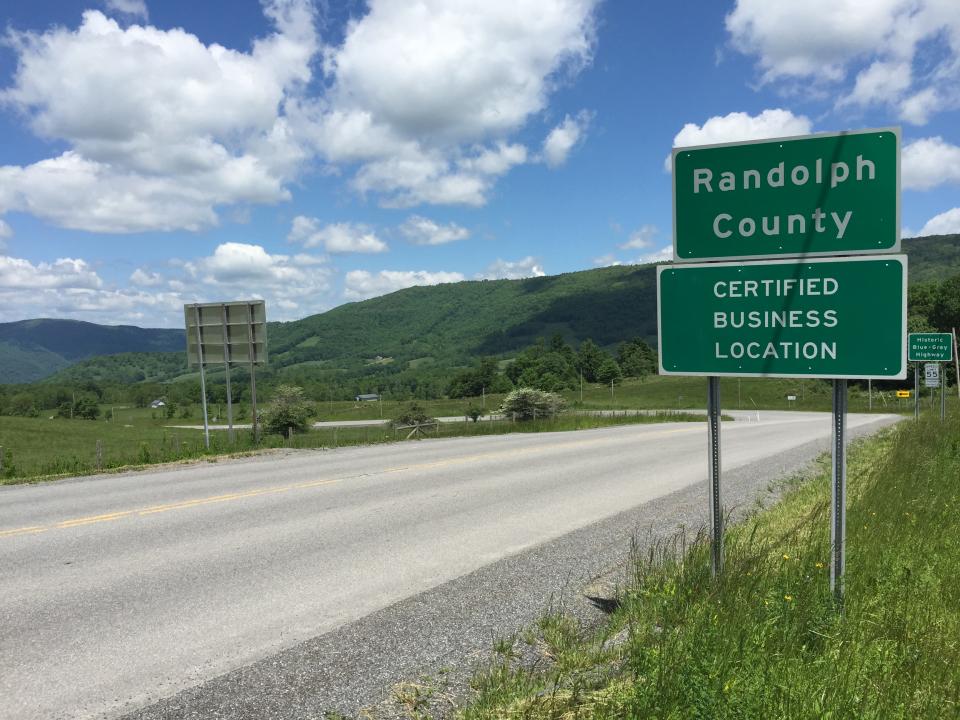
Fast, affordable Internet access for all.

A new $4 million project funded by the Appalachian Regional Commission (ARC) and the U.S. Economic Development Administration will help bring affordable fiber broadband to long underserved parts of West Virginia.
The project primarily targets the rural counties of Randolph and Tucker, long stuck on the wrong side of the digital divide.
The RFP for the open access middle- and last-mile file project was issued last summer, seeking partners to help maintain the network and manage access leases in partnership with the Woodlands Development Group (WDG), which will own the finished network.
“The Route 33 Broadband Deployment Project will deploy backbone fiber from Elkins along Route 33 through Bowden, north to Harman, up to Canaan Valley, and ending in Davis, establishing last-mile broadband access to 40 businesses, and enabling future last-mile projects to serve at minimum 480 households and 25 additional businesses located within 1,000 ft of the backbone fiber,” the RFP states.

WDG, a 501(c)(3), had already been awarded a $1.7 million grant laying the foundation of the effort courtesy of 2021 COVID relief legislation (courtesy of the American Rescue Plan Act). The remainder of the $4 million project will be funded by the Appalachian Regional Commission and the U.S. Economic Development Administration.
WDG will work in conjunction with Generation WV, Thrasher Engineering, and the Benedum Foundation on network maintenance and the deployment of approximately 58 miles of aerial middle-mile and last-mile fiber.
Network construction is expected to be completed by October of 2025.
Bridgeport, West Virginia-based Citynet will be the anchor tenant ISP. CityNet, which says it has deployed over 1,500 miles of fiber across the Mountain State, currently provides customers access to symmetrical gigabit per second (Gbps) fiber with no contracts, hidden fees, or long-term contracts.

Federal, state and local officials gathered in Elkins, West Virginia late last month to celebrate the launch of the project with a ribbon cutting ceremony. That included Republican West Virginia Senator Shelley Moore Capito, even though she voted against the federal ARPA funding that laid the initial groundwork for the project.
“This is so essential and so important to this region,” Capito told attendees. “I just want to say congratulations. It’s not going to be easy, but I can’t wait until we can stop talking about how we need to connect us all, you know. Because that will mean that we’re all connected.”
West Virginia is generally a wasteland when it comes to broadband competition, resulting in spotty access, high prices, and slow speeds. The state is primarily dominated by Frontier Communications, a regional phone monopoly with a documented history of fiber under-investment and abuse of state subsidy programs designed to address the problem.
As a result, several smaller providers and cooperatives across rural West Virginia (see our recent profile of HardyNet) are doing much of the heavy lifting themselves, one unserved neighborhood at a time.
Inline project map courtesy of Woodlands Development Group RFP
Inline image of Randolph County sign courtesy of Wikimedia Commons, Attribution-ShareAlike 4.0 International
